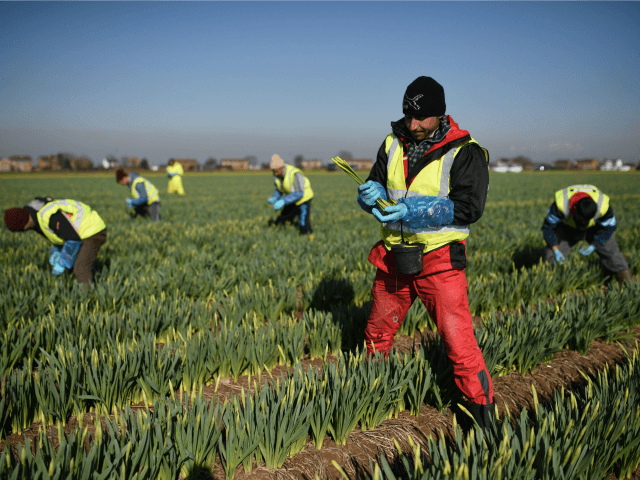Demands from employers to continue large-scale, low-skilled mass immigration are not reasonable, according to a report by Migration Watch UK.
Researchers at the think tank have analysed Labour Force Survey (LFS) statistics and concluded that a sharp drop in the number of available EU workers after Brexit is unlikely. The migrant population is largely settled and stable, meaning employers should have ample time to adapt their business models.
“Employers will not face a ‘cliff edge’ over their workers from the EU,” commented Alp Mehmet, the Cypriot-born former diplomat who acts as Vice-Chairman for Migration Watch.
“In the past ten years, very many migrants from Eastern Europe in low-skilled work seem to have stayed on so there is no sign that continued large inflows are needed to maintain the present number available for work. Cutting out this aspect of migration in future should reduce net migration by about 100,000 a year. This would be a major step forward in the government’s efforts to reduce immigration.”
Prime Minister Theresa May remains committed to David Cameron’s stated goal of reducing UK net immigration from the hundreds of thousands to the tens of thousands, although the annual inflow remains near an all-time high at 335,000.
Unofficially, net immigration may, in fact, be 50,000 a year higher than the government claims due to serious deficiencies in the International Passenger Survey data on which its figures are currently based. The Public Administration Select Committee has even gone so far as to describe them as “little better than a best guess”.
Bank of England data does suggest that the large-scale importation of low-skilled migrants has allowed employers to hold down pay for people in working-class occupations, however.
The Financial Times reports an alleged reduction in the number of EU migrants since the Brexit vote is already forcing employers in the farm and food production sectors to compete for workers, citing one poultry farmer who has had to increase wages by 15 per cent to increase his attractiveness.

COMMENTS
Please let us know if you're having issues with commenting.